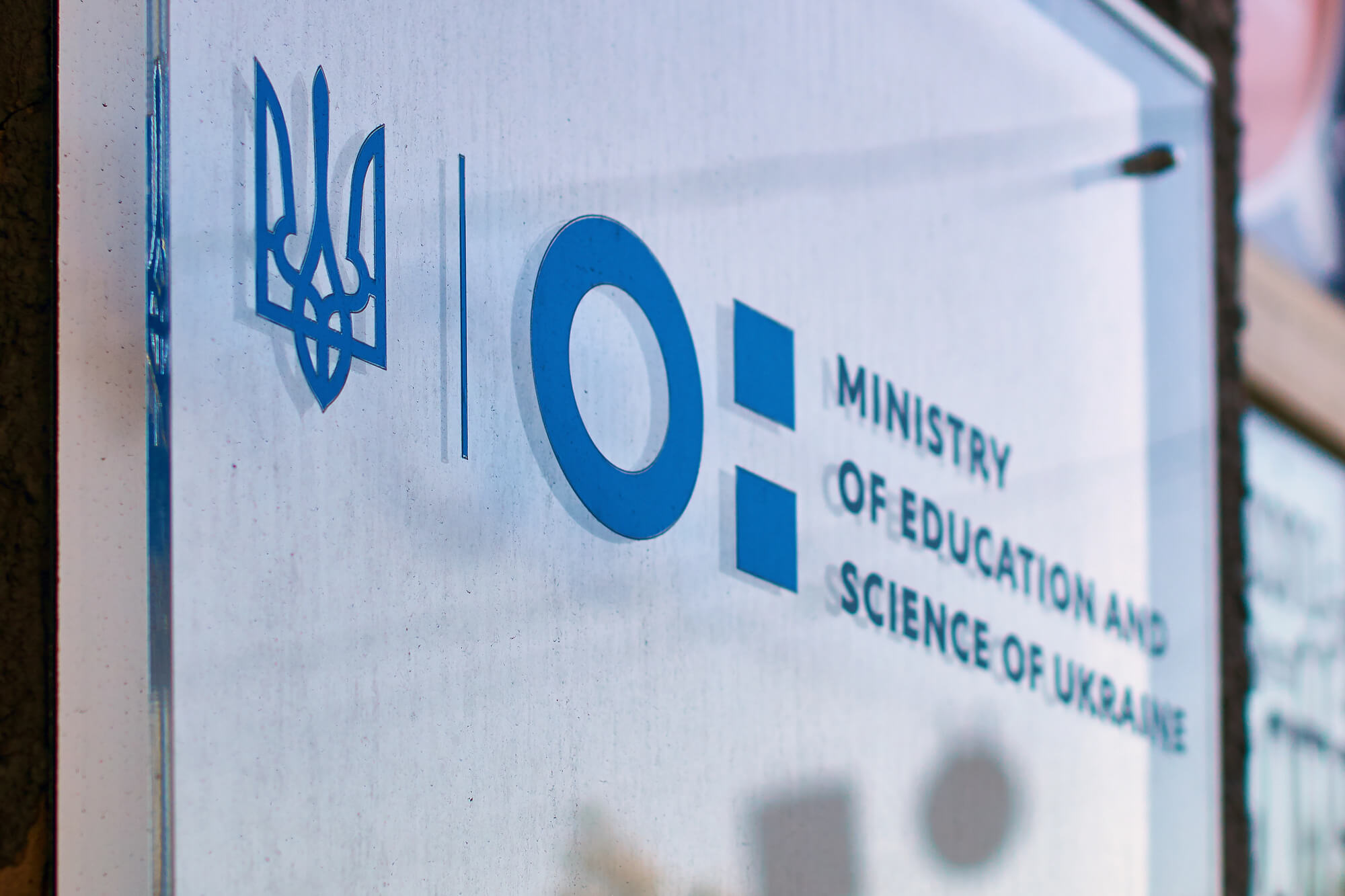Thirty years after the collapse of the Soviet Union and more than thirty years after the collapse of communist regimes in Central Europe, most post-communist countries have successfully transitioned to the market economy, but they have not been as successful in introducing democratic regimes and even less successful in introducing the rule of law.
Even the post-communist countries that were lucky to join the European Union have seen a negative evolution. While they worked very hard to gain accession to the European Union by introducing the laws of the European Union, we have seen a setback in recent years. Poland and Hungary have taken measures to restrict the independence of the judiciary, the independence of the press and other fundamental safeguards of democracy. The fight against corruption has also faced setbacks. The killing of a Slovak journalist and his fiancée led to the resignation of Prime Minister Fico. It was quite embarrassing to see the Romanian government oppose the nomination of Ms Laura Kövesi as first Head of the European Public Prosecutor’s Office charged with investigating fraud in the European Union. Ms Kövesi was previously Chief Prosecutor of Romania’s National Anti-Corruption Directorate until she was fired by the Justice Minister for her intransigent fight against corruption.
The dismal record of post-communist countries in issues related to the Rule of Law must be seen in the context of the post-communist transition. As communist regimes imploded between 1989 and 1991 following the Fall of the Berlin Wall, a vacuum was created that opened up space for various networks, within or outside the elite, to grab pieces of power of the defunct communist state and use them for their private benefit. This vacuum thus led to transform the communist state apparatus into what can be called a kleptocratic state. Different networks played different strategies to grab pieces of power, but they had one thing in common: steal as much money as possible. The so-called oligarchs in Russia, Ukraine and other countries, became immensely wealthy in a matter of a few years. This did not happen via capital accumulation but via direct or indirect power positions in the state apparatus. It is useful to know that in Ukraine out of eleven major privatizations that took place when Kuchma was president, nearly all were rigged towards particular oligarchs. Even countries that entered the European Union were not exempt from turning into kleptocratic states, as can be seen from the experience of Hungary, Poland but also Romania and Slovakia.
Many corrupt politicians were ousted as a result of popular protests against kleptocratic behavior and corruption. This was the case of the Orange Revolution and the Euromaidan in the Ukraine, but also of large protests in Slovakia and Romania. Very large protests have been taking place in Russia, Hungary, Poland and other countries. Despite protests, many oligarchs keep their grip over parts of the state apparatus. When some oligarchs are put in difficulty by protests, others seize the opportunity to extend their own power. Sometimes, it seems as if politics in post-communist countries is dominated by struggles between oligarchic networks for the control of the state apparatus. All this may be seen as a source of discouragement, but it should not be. The March towards the Rule of Law in post-communist countries will be a Long March. When we look at the history of the advanced democratic countries, it took a very long time to establish the Rule of Law. There were setbacks and progress over long periods of time. Even today, the US shows signs of vulnerability after the Trump presidency and the deep divisions inside the population. There is no reason post-communist countries will have it much easier. That Long March will be a difficult one because the oligarchs and their networks will do everything to prevent the establishment of the Rule of Law. What are the key elements that are necessary for a successful march towards the Rule of Law? I see three components: 1) popular mobilization and the strength of civil society, 2) protection of the freedom of the Press, 3) a strong independent judiciary. Let me go through these one by one.
Popular mobilization against corruption has been very active in post-communist countries and continued mobilization is necessary to put pressure on politicians and make them accountable. A good thing is that in Russia, Slovakia, Ukraine and other countries, the young generation of high school students and the youth in general is the most mobilized against corruption. The young generation was born after the fall of communism and does not share the mentality of cynicism of people who were their age when the transition to the market economy with all of its excesses happened. They do not share the quasi-slave mentality of older generations or less well educated who think that one can only survive by being under the protection of particular oligarchs. The best way to maintain popular mobilization is to encourage young people to be active in civil society by taking part in NGOs and civic associations. A strong civil society is a key ingredient to establish and maintain the Rule of Law. It is no surprise that Putin and corrupt autocrats do their best to crack down on NGOs labeled as “foreign agents”.
A free press is also a key component of a society with the Rule of Law, because only a Free Press can prevent the truth from being hidden. When the Press is controlled by private interests (Berlusconi in Italy, Orban’s control of the Press in Hungary, Fox News in the US, Putin’s crackdown on pro-democracy media), lies get spread and the truth is hidden. Independent journalists become these days the guardians of democracy and are targeted for murder, be it in Russia, Slovakia or elsewhere. Neither the state nor big private interests should be allowed to have too much control over the media.
Finally, an independent, strong non corrupt judiciary with big enough budgetary resources is eventually the key ingredient to make the Rule of Law work. It is not a coincidence that authoritarian governments like in Poland or Ukraine prioritize killing judicial independence. When the judiciary apparatus is for a large part corrupt, it is necessary to have special anti-corruption Bureaus in the Ministry of Justice with sufficient power and independence to start eradicating corruption within the state apparatus. This is what Ms Kövesi was doing in Romania and it is no coincidence that corrupt forces fought back to get rid of her. Today, in Ukraine the fight around the Independence of the anti-corruption Bureau (NABU) is a defining moment. Corrupt forces are doing everything they can to make it toothless. The Free Press and popular mobilization must do everything to win this fight for judicial independence. Without winning this fight, the Long March towards the Rule of Law may take much longer.
Attention
The author doesn`t work for, consult to, own shares in or receive funding from any company or organization that would benefit from this article, and have no relevant affiliations



